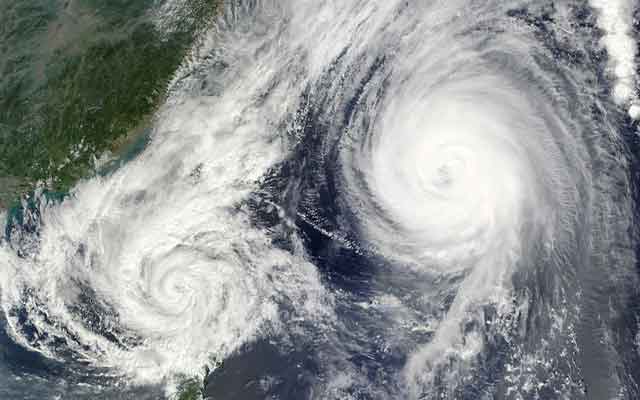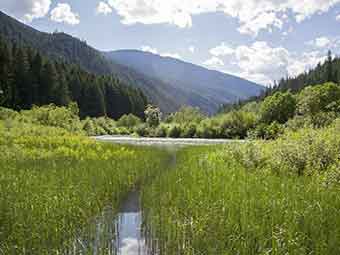.
Hurricane Survival Guide: Protect Your Family During a Storm
Weather the Storm: Your Complete Hurricane Preparedness Plan
Reading time : 1 minute,
Discovery Chepe Id-329-VID
Published in
06-08-2024

Hurricanes are classified according to the Saffir-Simpson scale, which is based on the speed of the hurricane's sustained winds. The scale has five categories, from 1 to 5, with 1 being the least intense and 5 being the most intense.
The Atlantic hurricane season runs from June 1 to November 30 in USA. However, most hurricanes form between the months of August and October accodring National Hurricane Center.
In Mexico, the hurricane season runs from June 1 to November 30. The most active months are September and October, when most of the hurricanes that affect the country form according to Servicio Meteorológico Nacional.
During hurricane season, it is important to be prepared for the arrival of a hurricane and take the necessary steps to protect yourself and your loved ones.
1-Stay informed of weather conditions. Follow the recommendations of local and national authorities.
Hurricane Prep: Essential Info for Residents

2-Prepare an emergency plan. Include a safe place to shelter, a list of basic supplies, water, food, and a communication plan with loved ones.
3- Evacuate if necessary. If you are in a risk area, evacuate as soon as possible through possible rivers, storm drains or streams.
4- If you cannot evacuate, take protective measures. Take shelter in a safe place, stay away from windows and doors, and have basic supplies on hand. Close gas valves and disconnect electrical appliances.
5-If you live in a coastal area, evacuate as soon as possible. If you cannot evacuate, stay away from beaches and low-lying areas.
6-If you live in an inland area of your country, have basic supplies on hand for several days, such as food, water, medications and batteries. And if you need help, call the emergency number 911 maybe they can help you.
List of basic supplies for a hurricane:
a) Non-perishable foods, such as rice, beans, pasta, tuna and crackers.
b) Bottled water.
c) Prescription medications.
d) Batteries for flashlights and radios.
e) A battery-powered radio.
f) A fire extinguisher.
g) A flashlight or at least candles.
h) A shovel or pickaxe.
i) A dust mask.
j) A blanket or sleeping bag.
k) Cash.
Additional tips:
a) If you have a car, make sure it is in good working order and has enough gas. If you don't have a garage, be careful with trees, try to move it to a safer place.
b) If you have an electric generator, make sure it is in good condition and that you have enough fuel.
c) Cut trees and branches that may fall on your home or business during the hurricane.
d) Secure objects that could fly during the hurricane, such as furniture, pots and antennas, water tanks, tanks, and air conditioners. Protect your home with plastic or wood sheets.
Additional evacuation tips:
a) If you decide to evacuate, do so as soon as possible.
b) Have an evacuation plan with your family.
c) Carry basic supplies for several days with you.
d) Follow the instructions of local authorities or civil protection.
Additional tips for taking shelter:
a) Take shelter in a safe place, such as a basement or an interior room without windows or stay informed about the shelters assigned by civil protection.
b) Stay away from windows and doors.
c) Have an emergency plan on hand in case the electricity or water goes out.
Additional tips for after a hurricane:
a) Do not leave home until the authorities tell you to.
b) Avoid flooded areas, do not touch public lighting lamp posts.
c) Check your home for damage.
d) Report any damage to the authorities.
Take into account that a hurricane affects the supply of drinking water and electricity; in the worst case, there may be a food shortage. By following these recommendations, you can be prepared for the arrival of a hurricane and protect yourself and your loved ones.
Related Topics
See Also




















